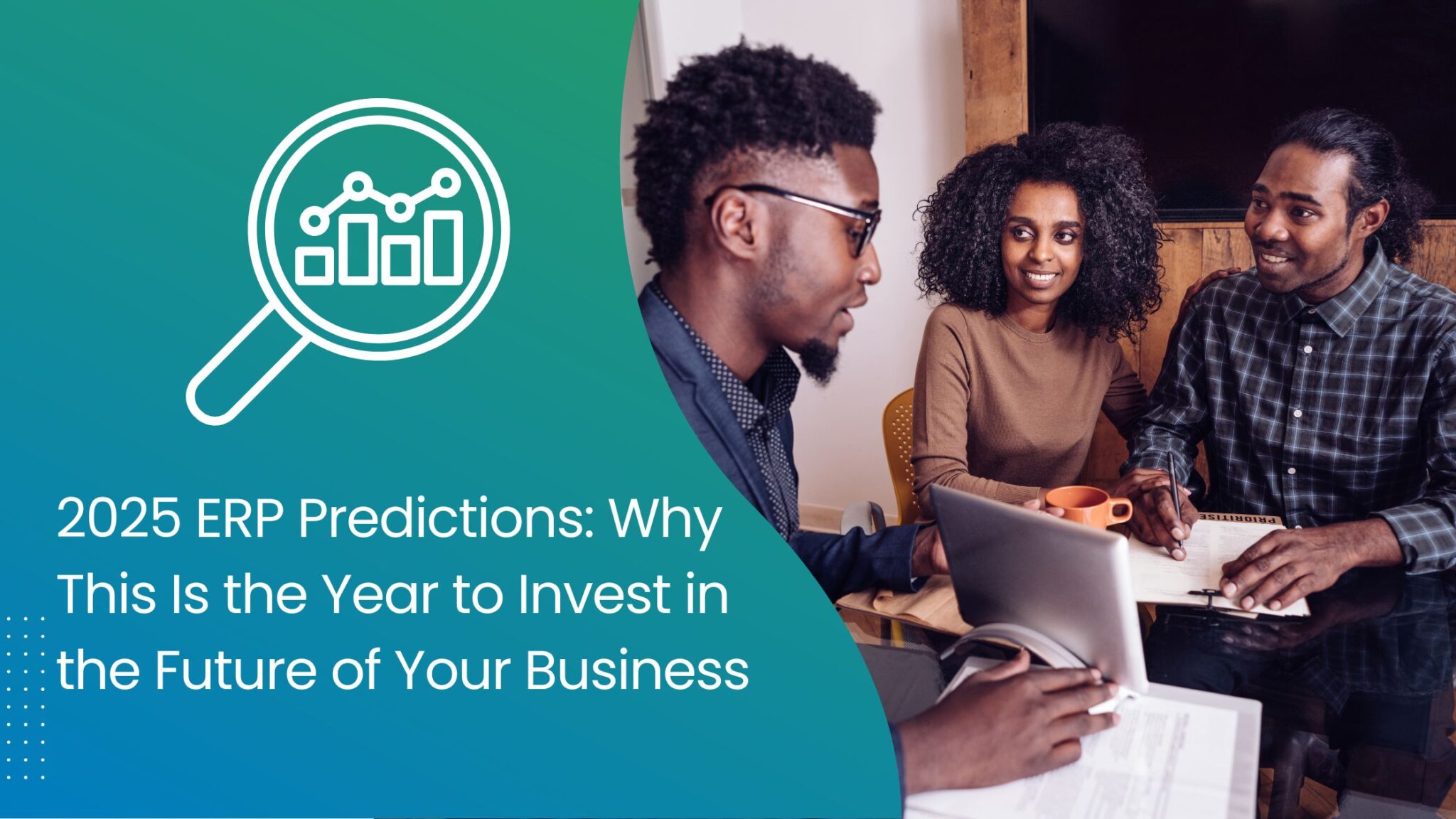1. AI Takes Center Stage: Empowering Smarter Automation
Artificial Intelligence (AI) has already made significant inroads into business operations, but by 2025, it’s expected to become a core feature of ERP platforms. AI-driven automation will revolutionize critical functions such as financial forecasting, supply chain management, and human resources. This shift will enable businesses to not only enhance efficiency but also make faster, data-driven decisions.
Why invest now?
An ERP system equipped with AI capabilities can streamline routine tasks, reduce human error, and provide predictive insights that inform better decision-making. The competitive landscape in 2025 will likely see your competitors leveraging AI-powered ERPs—failing to adopt these technologies could place your business at a disadvantage.
Pro Tip: Requesting a demo can showcase how AI-driven automation reduces time spent on repetitive processes, freeing up your team to focus on more strategic, higher-value work.
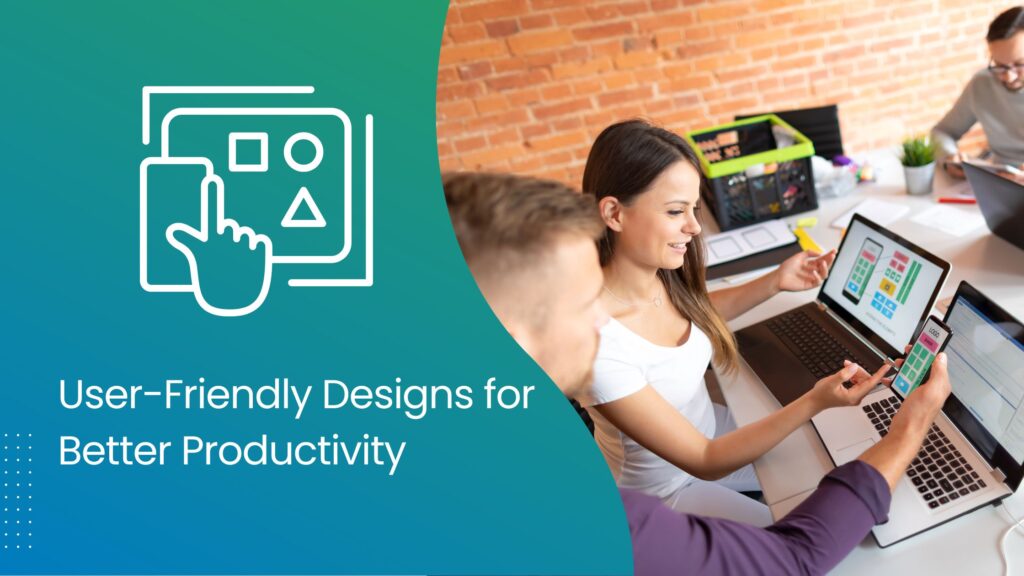
2. User-Friendly Designs for Better Productivity
Historically, ERP systems were notorious for their complexity and steep learning curves. In 2025, expect this to change with next-generation UX/UI designs that prioritize ease of use and user engagement. These intuitive interfaces will make it simpler for employees across different departments to navigate ERP software, significantly reducing the need for extensive training and boosting overall productivity.
Why invest now?
The quicker your team can adapt to a new ERP system, the sooner you can start reaping its benefits. Upgrading to a system with enhanced UX/UI features ensures that your employees experience minimal downtime and improved user satisfaction, leading to smoother operations across the board.
Pro Tip: Seeing is believing—request a demo to experience firsthand how a next-gen user interface can improve workflow, making it easier for your team to adopt and benefit from the new ERP system.
Are you prepared for the future of business?
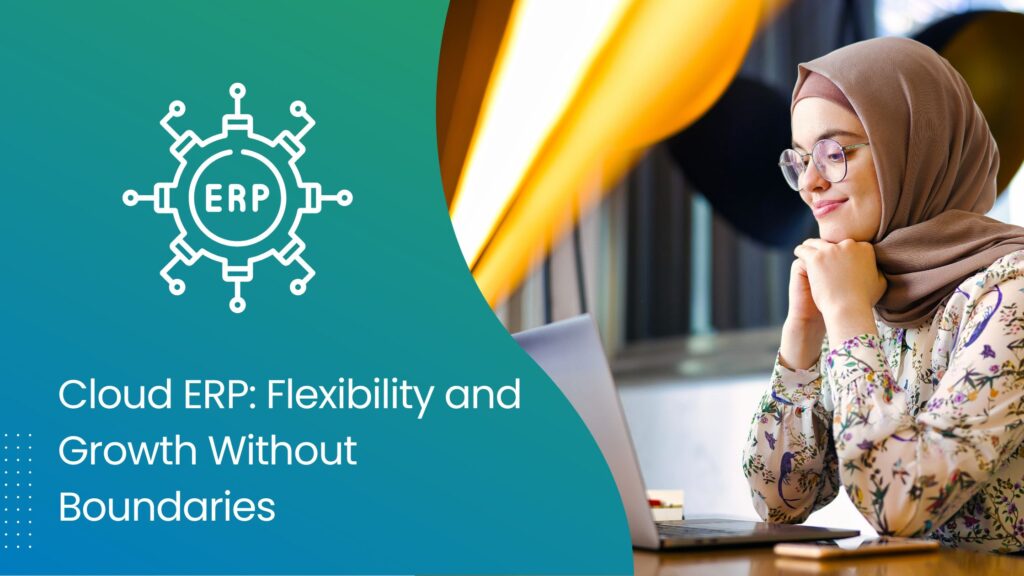
3. Cloud ERP: Flexibility and Growth Without Boundaries
By 2025, cloud-based ERP solutions will dominate the market, with more businesses shifting away from on-premise systems. Cloud ERP offers the flexibility, scalability, and security modern businesses need to thrive in today’s fast-paced, increasingly digital world. Whether managing a remote workforce or expanding into new markets, cloud ERP allows businesses to remain agile and responsive to changing needs.
Why invest now?
Migrating to a cloud-based ERP system enables your business to scale efficiently while cutting IT costs. Furthermore, it ensures access to the latest software updates and features without the need for disruptive upgrades. In an environment where agility is essential, cloud ERP offers the adaptability businesses need to stay competitive.
Pro Tip: Book a demo to explore the possibilities of cloud ERP and see how it can make your business more scalable, cost-efficient, and adaptable to future needs.
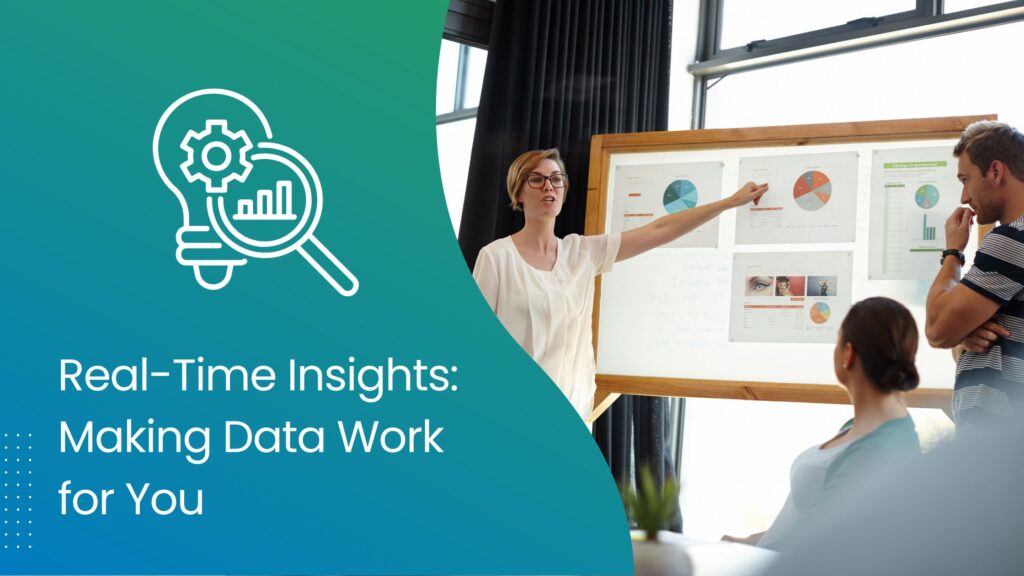
4.Real-Time Insights: Making Data Work for You
The future of ERP is closely tied to the integration of advanced data analytics. In 2025, ERP systems will not only aggregate data across your entire organization but also offer real-time analytics that enable smarter, faster decisions. Gone will be the days of relying on disparate systems or outdated information—everything your business needs will be housed in a unified system, providing actionable insights at your fingertips.
Why invest now?
Organizations with access to integrated data and real-time analytics can respond more swiftly to market changes, customer demands, and operational inefficiencies. An ERP system that offers these capabilities ensures your business can make informed decisions faster, helping you stay ahead of the competition.
Pro Tip: Request a demo to see how integrated analytics can provide a 360-degree view of your business operations, empowering you to make decisions with confidence.
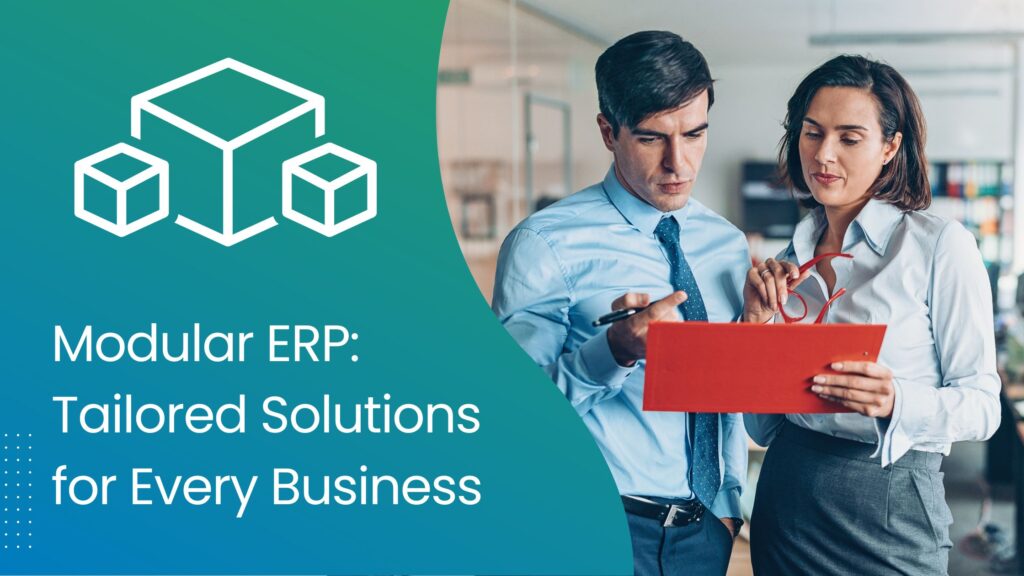
5. Modular ERP: Tailor-Made for Every Business Need
The trend toward modular ERP systems will continue to gain momentum in 2025. These systems allow businesses to select only the features and functionalities they need, tailoring the software to their unique requirements. This level of hyper-personalization means companies can create ERP systems that are perfectly aligned with their operational needs, without paying for unnecessary extras.
Why invest now?
A modular ERP solution can grow alongside your business, offering the flexibility to add new functionalities as your needs evolve. Whether you’re a small business or a large enterprise, having the ability to customize your ERP system ensures it meets your specific requirements without adding complexity.
Pro Tip: Discover how a modular ERP system can work for your business by booking a demo tailored to your industry and unique operational needs.

6. Security at the Forefront: Protecting Your Future
As businesses become increasingly digital, the importance of security and compliance cannot be overstated. By 2025, ERP vendors will offer advanced cybersecurity features to protect sensitive data and ensure compliance with various industry regulations. Whether it’s safeguarding financial information or adhering to regulatory standards in highly regulated sectors, modern ERP systems will provide robust protections.
Why invest now?
With cybersecurity threats constantly evolving and regulatory requirements becoming more stringent, investing in an ERP system with built-in security and compliance features will future-proof your business. This helps you avoid costly breaches and ensures that you remain compliant with relevant industry standards.
Pro Tip: Request a demo to learn more about the enhanced security and compliance features that can safeguard your business against digital risks.
Conclusion: 2025 is the Year to Invest in ERP
The ERP landscape is evolving rapidly, and the trends forecasted for 2025 are set to redefine the way businesses operate. From AI-driven automation and cloud-based scalability to advanced analytics and robust security features, modern ERP systems are built to help businesses thrive in an increasingly competitive marketplace.
Why 2025?
Investing in a modern ERP system now ensures that your business is well-equipped to handle the transformative changes coming in 2025 and beyond. Whether you’re looking to improve operational efficiency, enhance decision-making capabilities, or safeguard sensitive data, updating your ERP system will be critical to your success.
Take the Next Step:
Don’t wait for your competitors to embrace these innovations—book a personalized demo today to discover how a modern ERP system can transform your business and keep you ahead of the curve.
Frequently Asked Questions
1. What is an ERP system, and why is it important for my business?
An ERP (Enterprise Resource Planning) system integrates various business processes such as finance, supply chain, HR, and operations into a single platform. It enhances efficiency, improves decision-making, and ensures better data visibility across the organization.
2. Why should I upgrade my ERP system before 2025?
2025 is expected to bring significant advancements in ERP technology, including AI-driven automation, cloud-based scalability, and enhanced security. Upgrading now ensures your business stays competitive, agile, and prepared to take advantage of these innovations.
3. How can AI improve my ERP system?
AI enhances ERP systems by automating repetitive tasks, improving financial forecasting, and offering predictive insights. This enables businesses to make faster, data-driven decisions, reduce errors, and improve efficiency across operations.
4. What are the benefits of switching to a cloud-based ERP system?
Cloud-based ERP systems offer flexibility, scalability, and reduced IT costs. They allow businesses to access the latest software updates automatically, enhance collaboration across remote teams, and offer robust security without the need for expensive on-premise infrastructure.
5. How can improved UX/UI design impact ERP adoption in my organization?
Enhanced UX/UI designs make ERP systems more intuitive and easier to use, reducing training time and boosting user adoption. This leads to higher productivity, improved user satisfaction, and faster realization of the system’s benefits.
6. What role do data analytics play in modern ERP systems?
Modern ERP systems integrate advanced data analytics, providing real-time insights that help businesses make smarter decisions. This allows for faster responses to market changes, operational inefficiencies, and customer demands.
7. Can I customize an ERP system to meet my business’s specific needs?
Yes, modular ERP systems allow businesses to choose the specific features and functionalities they need, creating a tailored solution that meets unique requirements. This ensures you only pay for what you use and allows for future scalability as your business grows.
8. How does an ERP system improve data security and compliance?
Modern ERP systems come with built-in security features such as encryption, multi-factor authentication, and regular security updates. They also ensure compliance with industry regulations, reducing the risk of data breaches and regulatory penalties.
9. How long does it take to implement a new ERP system?
Implementation timelines vary depending on the complexity of the business and the ERP solution chosen. A standard ERP implementation can take anywhere from several months to over a year, but cloud-based solutions can sometimes shorten this timeline.
10. How do I choose the right ERP system for my business?
Choosing the right ERP system depends on your business size, industry, and specific needs. Consider factors such as scalability, customization options, integration capabilities, user-friendliness, and total cost of ownership. Requesting demos from multiple vendors can help you make an informed decision.

